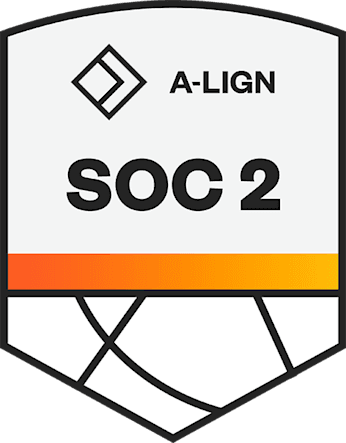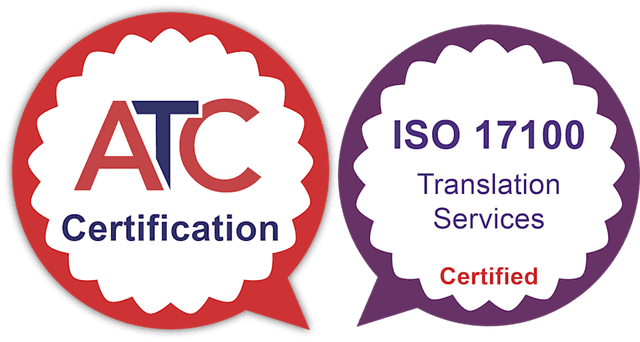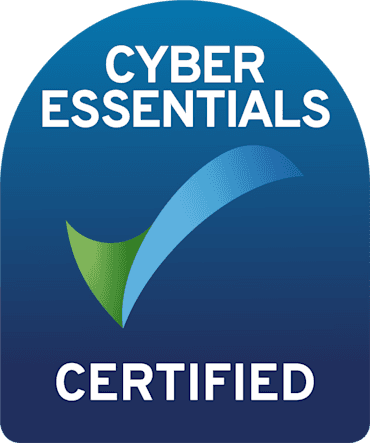Trusted by the leading security organizations in the world
















Overview
We know that your data is valuable and always has to be protected. LILT has built leading security features into every layer of the LILT Contextual AI Platform and each step of the global content production supply chain. Our transparency enables you to meet your regulatory needs while taking advantage of our platform.

Security Features

Private Server Deployment
Deploy the LILT platform across diverse environments such as public cloud, private cloud, on-premise and bare metal.

Supply Chain Observability
Efficiently manage and monitor your content supply chain and system configurations whilst ensuring maximum data privacy.

Compliance
LILT complies with all applicable privacy and security laws and meet the unique compliance needs of highly regulated industries.

Privacy
We value the privacy of your data, and understand that it is essential to your organization and your customers. At LILT, we're committed to safeguarding your information at every step of the process.

